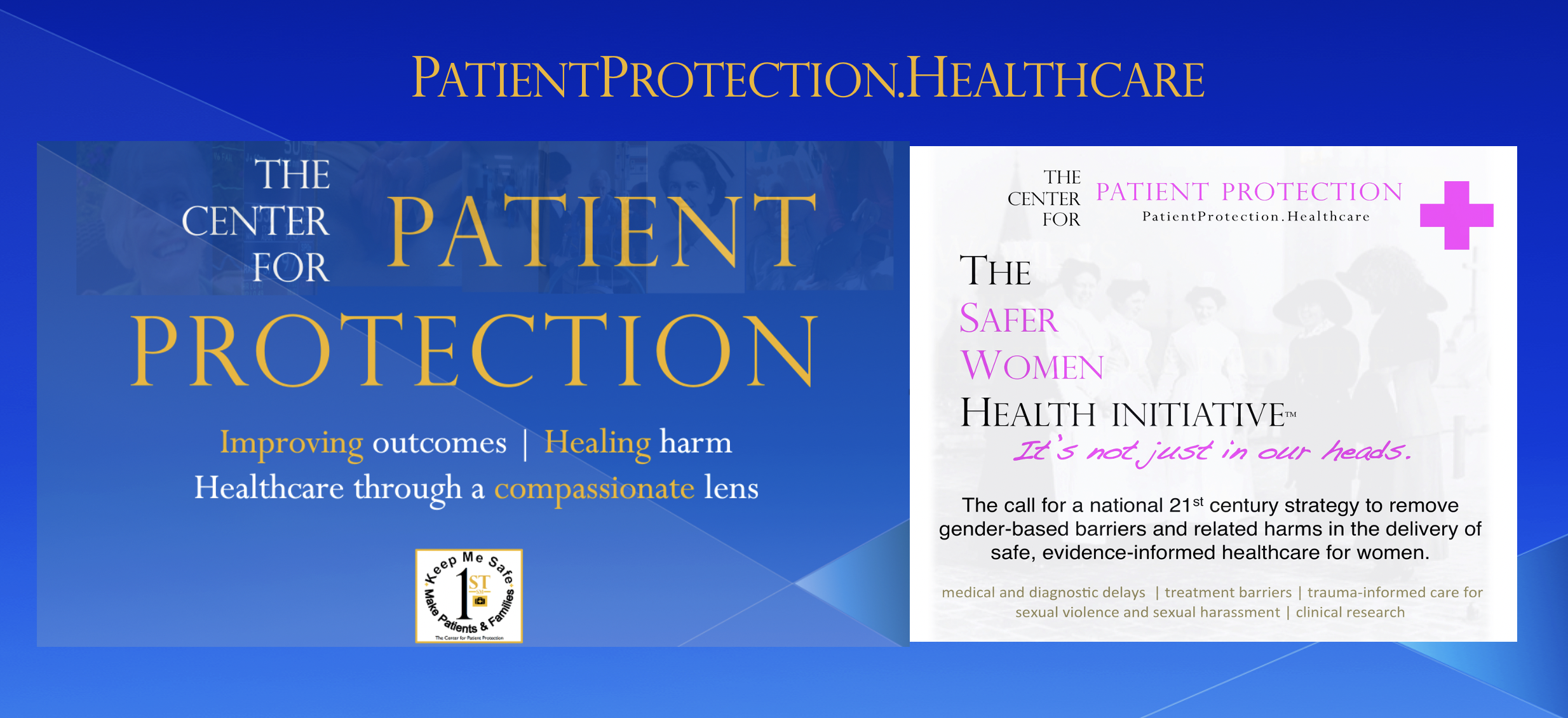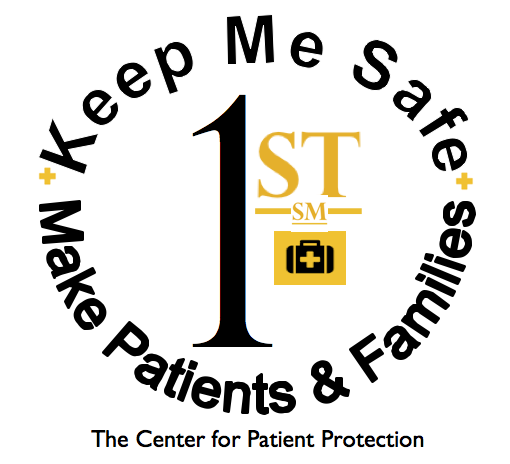Hospitalization of a loved one for a serious medical issue is among the most stressful situations a family can face. If it is complicated by breakdowns in communications with the care team, by medical errors or by other factors, that experience inflicts another layer of avoidable harm. The emotional toll on a family can be overwhelming. Patients and families should not have to face that journey alone.
Over the years, the Outreach Clinic of The Center for Patient Protection has helped hundreds of patients and families obtain the safe care they need and the answers they must have in order to find peace of mind and resolution. Sometimes, that has involved reaching out on behalf of patients and families to care teams, healthcare providers, hospital complaint departments, regulatory bodies and provincial governments. Always, it involves listening with compassion and respect and sharing the experiences of countless other patients and families whom we have come to know and help.
Unlike healthcare think tanks and most other advocacy groups — which do not provide one-to-one patient support — our advocacy service is operated without any funding from government or the healthcare industry. We have never charged any vulnerable or financially disadvantaged user for this support service, which is often urgently called on late at night, on weekends and on holidays.
If you are attempting to contact the Outreach Clinic of The Center for Patient Protection to seek assistance through our advocacy service, please be aware that due to current demand and our limited resources, we give priority to the most urgent situations. Typically, these involve the most vulnerable patients and families in a current hospital setting, or those who have recently been hospitalized and are dealing with the trauma of medical harm.
For all other situations and inquiries, we do our best to respond as soon as we can. We are always interested in learning about patient and family hospital experiences. If you just want to share yours, you can be assured that no information will be used without your express consent.
Our advocacy service is free to vulnerable patients and families who are also facing financial hardship. Please do not abuse our policy by seeking our free service, which is intended for patients and family members who are facing financial hardship, if that situation does not apply to you.
Please do not attach or send any photos or detailed health information, such as medical charts or anything containing your social insurance or health insurance numbers.
If you are seeking assistance through our advocacy services, your real first and last name, and email address, are required. It is not necessary to provide your home address, however. Please try to be succinct in sharing your concerns and the specific outcome you are seeking. Pressures of time and the needs of other clients mean that we cannot read long, single-spaced pages jumbled together into one giant paragraph (you’d be amazed at how often that happens.)
It is important that you complete our online incident report. It has been constructed to give us a quick idea of your situation. We cannot be of assistance if you do not fill out this short form or at least explain why you cannot, if that is the case.
We always do our best to be of assistance. We will not provide medical or legal advice. Our mission is experience-informed. Our work with patients and families over the years has provided us with a unique knowledge base of teachable experiences that is of enormous benefit to providers, as well as consumers of healthcare services.
We operate on the basis of the healing healthcare virtues that have guided The Center for Patient Protection from the beginning.
We trust you will follow similar principles and the same courtesies in your interactions with us.
Thank you.

